Insects send a chill down a lot of people’s spines. Hence, it’s quite fitting for Internauts to refer to spiders as “nopes” and centipedes as “nope rope nopes”—when you see one, you are certain to say “nope”!
However, all is not lost as Mother Nature has given us some adorable insects like butterflies, ladybugs, and, of course, bees. Yes, you do get the occasional bee sting every once in a while, but they outweigh your discomfort of its self-defense by being a vital component in the planet’s ecosystem.
Scientists say that bees have become the single most important animal on the planet. So important, in fact, that humanity is at stake if bee populations go south… which is, unfortunately, becoming a reality.
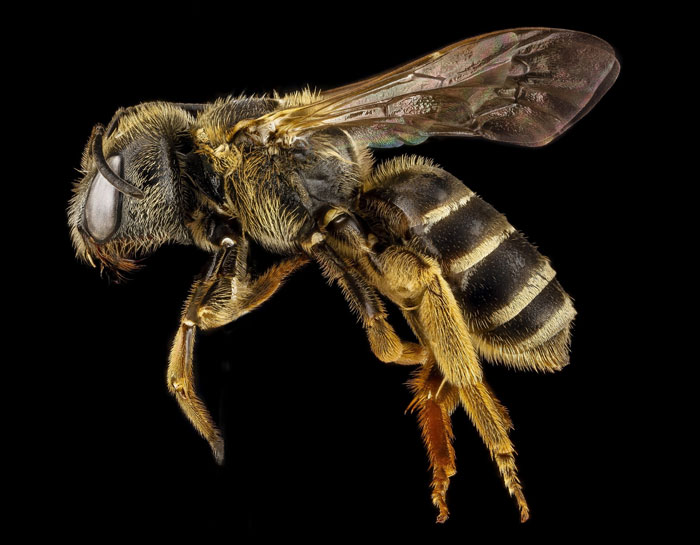
Image credits: Pexels
The Earthwatch Institute, an international environmental charity aiming to work for the good of the planet, stated in the Royal Geographical Society that bees are now the most important living thing on the planet. Unfortunately, multiple species of bees have been placed on the list of endangered animals with studies showing a rapid global decline in the bee population.
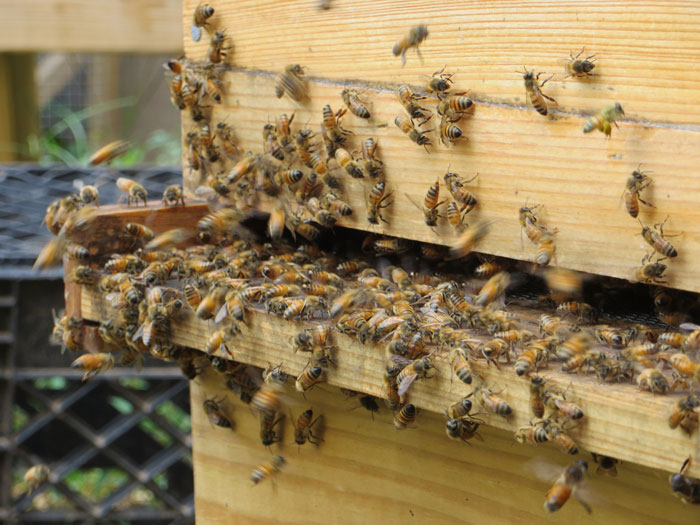
Image credits: Jason Riedy
According to a Greenpeace report, roughly 60 to 90 percent of the food we eat needs help from pollinators such as bees to reproduce. This percentage includes a variety of fruits, vegetables, seeds, and nuts, much of which we consume daily. This also means that as bee populations dwindle, Earth’s biodiversity also diminishes, potentially affecting further species and causing a domino effect in that regard.
Image credits: ASAP Science
ASAP Science illustrates this with almond plants. Almonds rely on pollination to produce almond nuts. The hulls are used as feed for cattle and chickens. No bees, means no almonds, means no cattle or chicken, meaning humans will have less meat, milk, and other products. This is just one of the many food ecosystems that are affected by bee populations.
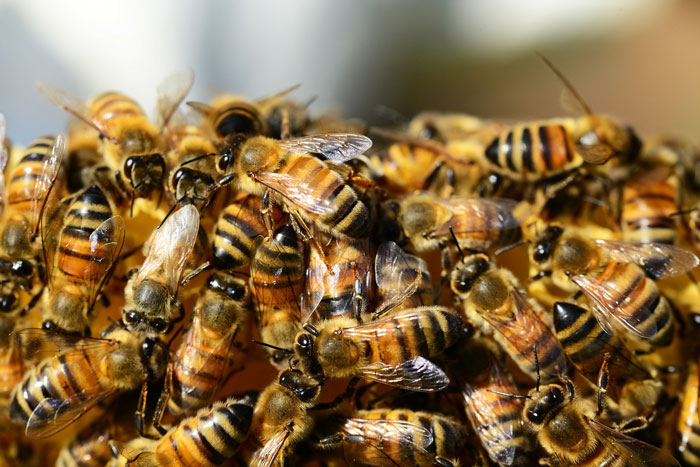
Image credits: PollyDot
This is besides the fact that there is an entire multi-billion dollar industry revolving around bees and bee products such as honey, nectar, wax, and bee bread.
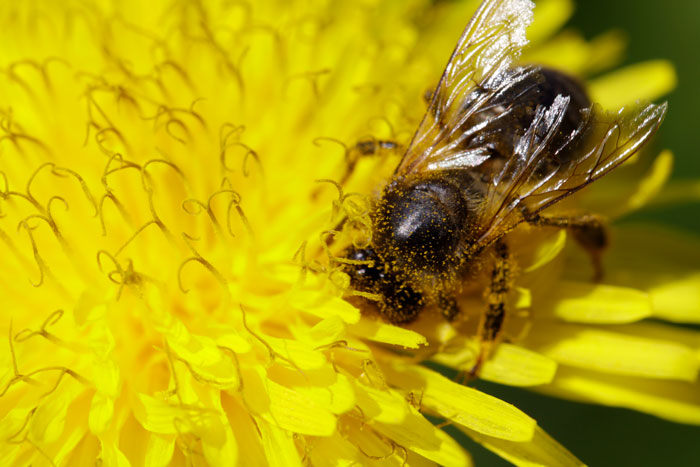
Image credits: Alexandre Dulaunoy
Many NGOs and activist groups are calling for reform in the hope of stopping the rapid decline in bee populations. Apart from natural bee diseases and invasive species, the main factors affecting bee livelihood are insecticides, climate change, and lack of flora. By making changes in how humanity grows its food and how it treats Mother Earth, it will become possible to also turn the tide on the decline of bee numbers.
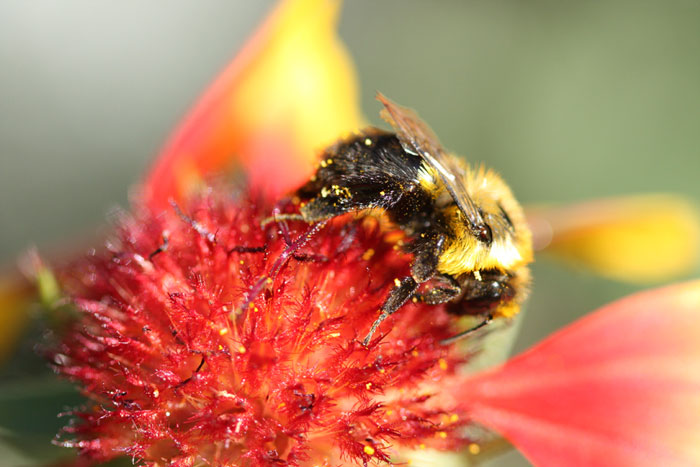
Image credits: cbransto
This isn’t just a matter of the bee industry alone—everyone gets to play in keeping up bee populations. Bored Panda has already discussed the ways in which everyone can take small steps in helping bees survive.
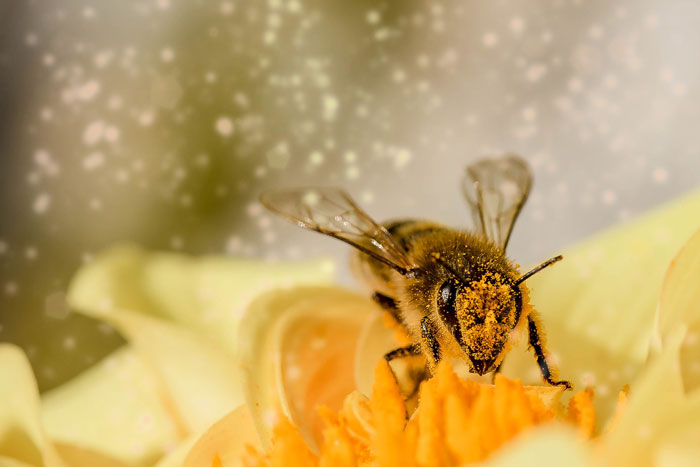
Image credits: Myriams-Fotos
Here’s how the internet reacted to the importance of bees…









from Bored Panda https://ift.tt/2MKPs6r

